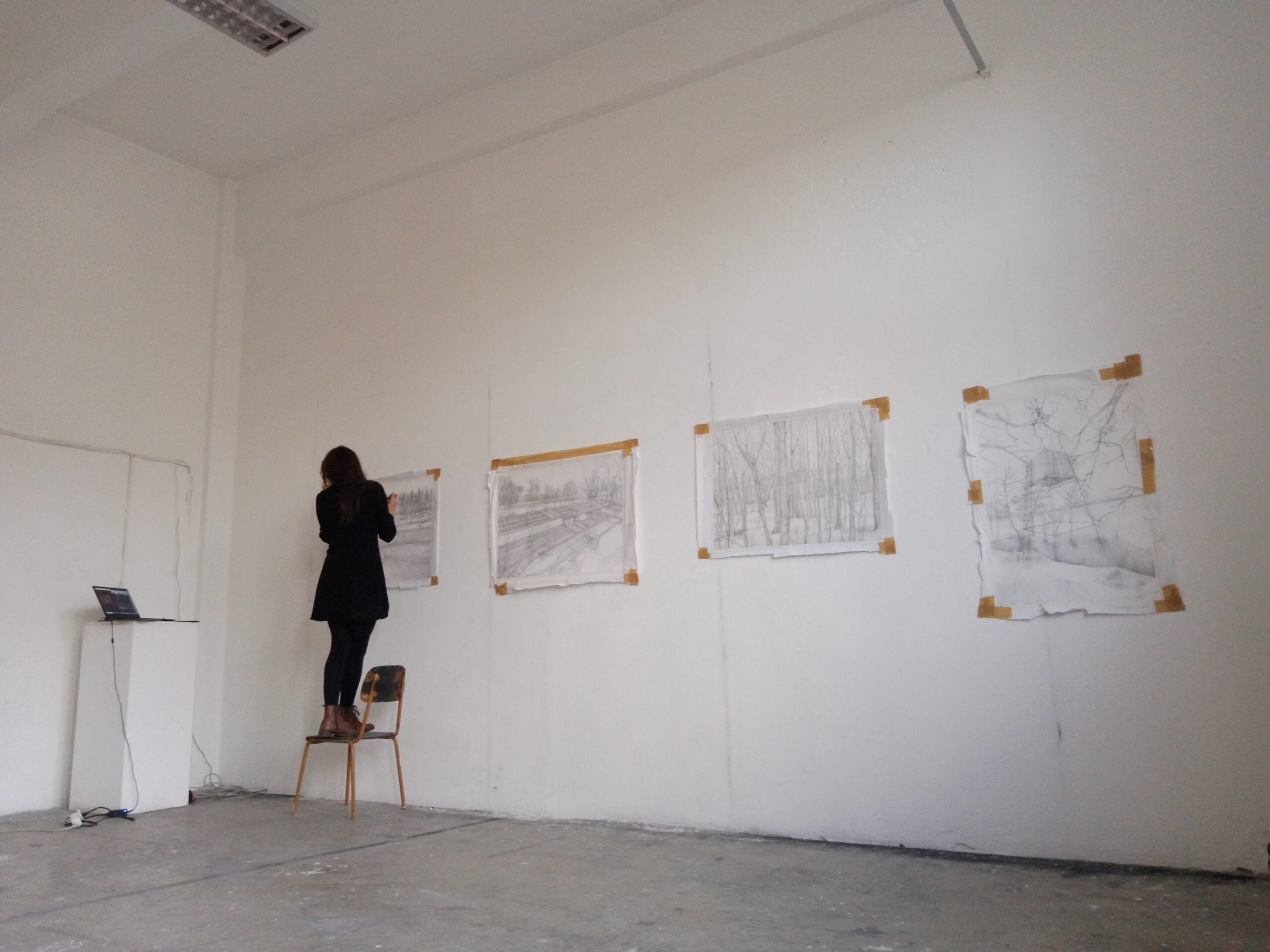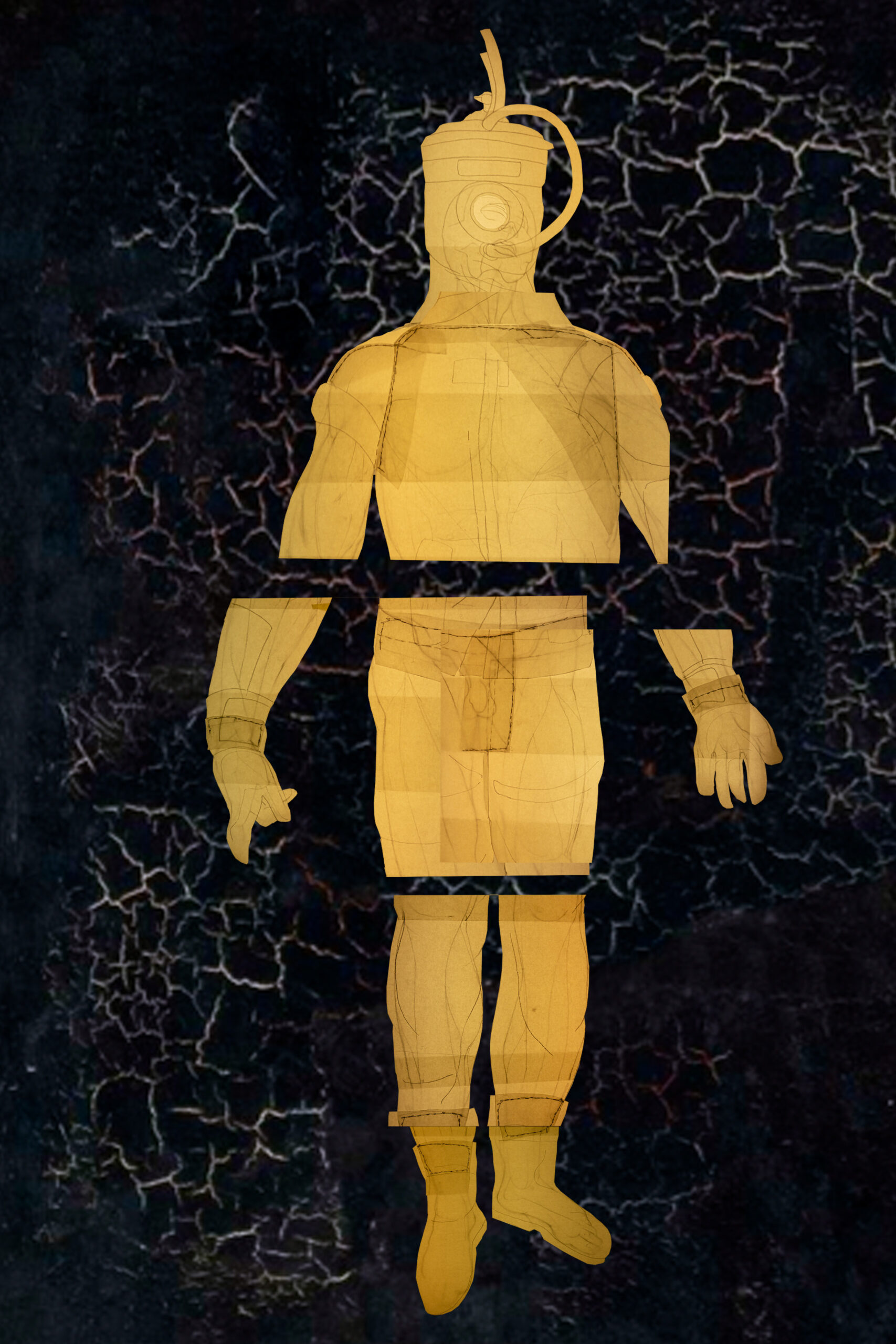Intro
DIALOG CITY ART FOR PUBLIC RESIDENCY PROGRAMME invites professional artists to develop ideas for urban interventions dealing with local or global topics that are of great significance for the respective urban society based on participatory approach. Participating European cities are Turin and Mondoví (IT) in 2023, Graz (AT) in 2024, Aschaffenburg (DE) and Montpellier (FR) in 2025.
The residency for 2024 starts May 2nd and the final presentation of the outcome will be at the Hybrid Festival Graz – June 6-8, 2024. The selected artist will be hosted by the Austrian cooperation partner GRAZMUSEUM https://www.grazmuseum.at/
The project consortium of DIALOG CITY was overwhelmed by the number of 31 fully-fledged applications for the second residency in Graz and the quality of the proposed projects. 56,7% of the applications were handed in by female artists and 30 % by male artists while 13,3% preferred not to say. 58,1% of the applicants see their proposal aligned with the topic TOMORROW CITY, followed by SOCIETY CITY (54,8%) and GREEN CITY DIGITAL (32,3%).
When evaluating the submissions, the jury was primarily focusing on the participatory and dialogical approach. Feasibility of the project ideas was an additional important aspect taking into consideration language barrier and cultural translation within the given timeframe of the residency. The jury allowed itself to be guided by imagining the visibility of the final artwork in public space and its integration into the DIALOG CITY HYBRID FESTIVAL in Graz. Aspects of sustainability and the ecological footprint were also taken into account and will play an important role in the further course of the project’s implementation.
The variety of topics that are at the core of the DIALOG CITY project served as key indicators, but of course not all these aspects can be served equally in an artistic project idea. What are the cornerstones of a city’s data and data infrastructure? What form of participation does the project idea include? How do the project convey the questions and answers of digitalisation and combine them with a call for active participation? Is there an aspect of climate change and environmental protection in the proposal? How does the proposal fit to the idea of the development of a future literacy methodology? How does the proposal contribute to the development of the Citizen Archive Platform?
The jury has selected the project proposal of Lenka Holíková, an artist originally from the Czech Republic who has been living and working between Europe and Mexico for several years. Her work primarily focuses on migration and borders, a theme that is deeply connected to her personal background as she grew up in a border region just seven kilometres from Germany during the era of East and West division. In recent years, her interest has expanded to encompass migration as a broader subject and she participated in group exhibitions. Please find more information here on her website.
(Lenka Holíková by the work during her residency in MeetFactory, Prague, 2023.)
During her residency, Holíková will create a sculptural artwork based on in-depth research on migration in the city of Graz. The piece will be inspired by the micro-stories of migrants from various geographic locations in Graz and will be exhibited in public spaces during the HYBRID FESTIVAL. For the Municipal Archives Graz and the Graz Museum, as venues of the festival, Holíková’s artistic work is an essential element of the programme. Her approach allows multiple references to archivals and objects as well as museum exhibitions and the city history.
(Lenka Holíková: Migrant object No.1, a sketch, equally for “Borders, methods of escape”.)
DIALOG CITY Jury members:
Wolfram Dornik heads the Municipal Archives and the departments of collection in the Graz City Museum. He deals with all aspects of collecting, preservation and access of different kinds of cultural heritage. He studied history at the University of Graz, worked for 11 years at the LBI for Research on the Consequences of War. His main research focus is on city history, late Habsburg Empire, the history of Austria in den 20th century, and digital history.
Stefan Horn is the artistic director of the Berlin-based urban art association Urban Dialogues dealing with all manners of flux and change of urban and social issues for 20+ years. His background is in theatre design and he is working internationally as a cultural manager and curator. Stefan is the artistic coordinator of the DIALOG CITY project which is including artist residencies in 4 countries.
Amelie Rakar is an archivist at the Municipal Archive Graz and works for the DIALOG CITY project. She studied history at the University of Vienna with a focus on archival science. In her research, she is interested in the history of gender and city history.



